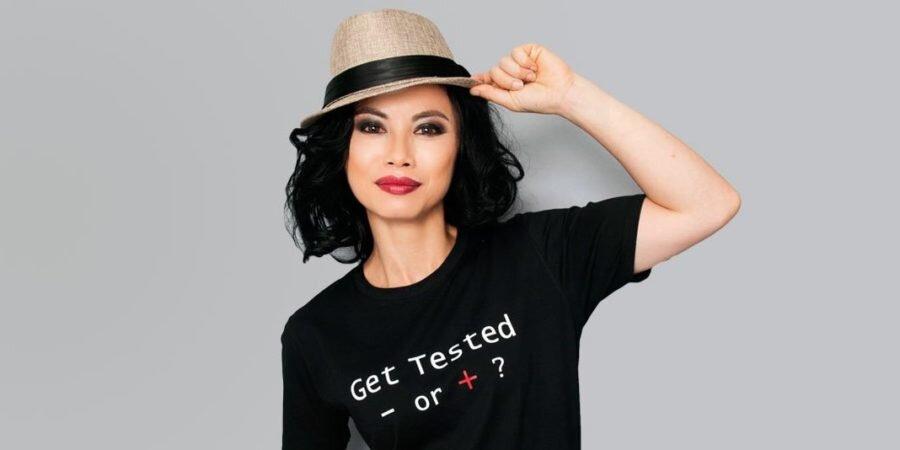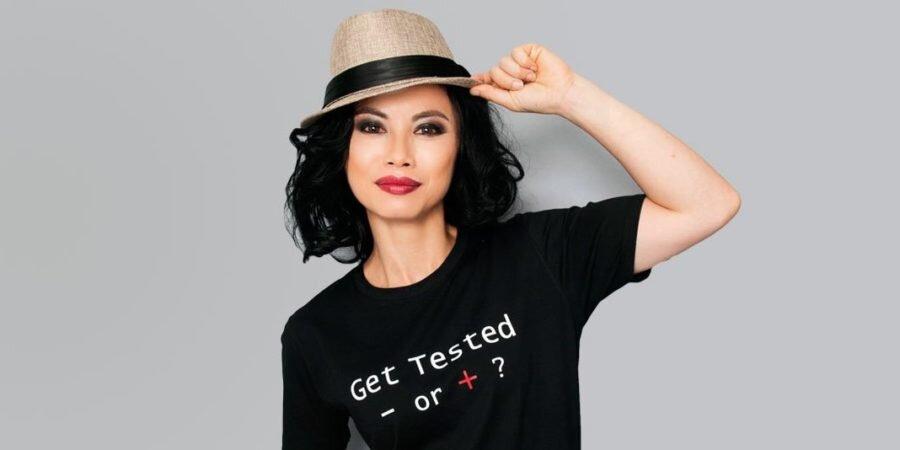Asian LGBTQ advocate, bodybuilder, fitness writer, and thought leader are just some of the identities that Amazin LeThi showcased to Sonoma State students last Tuesday night. LeThi spoke about her journey in becoming a global activist for social justice and gender equality in sports.
LeThi’s talk was a part of SSU’s Sport and Social Justice lecture series, as well as Asian American Pacific Islander Heritage (AAPIH) Month celebrations. The Zoom webinar presented a conversation between LeThi and Sonoma State scholar athlete, Celine Rubalcava. The two conversed about the misrepresentation of women, minorities, and sexualities in sports.
Kinesiology Professor, Lauren Morimoto, stated, “Amazin highlights how Asian and/or LGBTQ athletes are often excluded from sports. AAPIH Month is trying to share the history and heritage of multiple groups and LGBTQ+ individuals and athletes in Asia and PI America have gotten little coverage or attention.”
LeThi is one of few Asian athletes who has gotten the media’s attention, although her life has not been as easy as one may think. Growing up in a trans-racial family, LeThi knew at a very young age that she was different. LeThi searched for a sense of community and an escape from her peers who bullied her on the school playground. She was able to find herself through playing sports.
When asked about her experiences in youth sports Lethi said, “Sports gave me this sense of confidence and self worth and I found my place in sports. Though I found group and team sports to be a very hostile environment being Asian. I was pushed out of team sports anyway by one of my coaches because of the stereotype of being Asian in sports.”
LeThi explained that Asians are portrayed as slow, geeky, and physically challenged; she believes that the media plays a huge role in how these stereotypes are supported in sports. As a child, LeThi said that she did not see anyone that looked like her on television, so her dream of being a star athlete started to dwindle at a young age.
Lethi said, “When we look at professional sports, we don’t see the Asian athletes that we should because our journey is so difficult. We are still treated, in many respects, in the same way of the bullying and harassment in sports.”
This harassment and inequality on the field is what makes LeThi so passionate about advocating for women in sports. In terms of addressing inequalities such as inadequate funding, resources, and attendance, LeThi says that it starts with open conversations, involving men in particular.
“Men have to come to the table and they need to see the validity and worth in our sports,” LeThi said. “When we’re looking at the college environment, it takes everyone: the sports department, the executives, the parents. Also the media plays such a huge role in how they navigate our stories.”
LeThi does see a time where stadiums will be packed to watch remarkable female, Asian athletes that deserve attention for their talent and dedication to their sport. LeThi advocates for women to get to this place through several platforms. Along with speaking to universities and corporations about women’s struggles, she is also an active journalist in the world of fitness. According to the Official Amazin LeThi website, “Amazin currently is the health and fitness writer for Livestrong: LIVESTRONG.COM is ranked the No1. most popular health and fitness website.”
The advocacy work that LeThi displayed during her lecture opened the minds of Sonoma State students and faculty in attendance. These Sport and Social Justice lectures are meant to enlighten visitors to diverse individuals who have carved a path in the athletic community. For more events like this, visit seawolf living.com.





































